Europe 1745-1901
In this period European nations transform themselves once more. Nationalism and republicanism take a foot hold as do influential political ideologies and discourses that will go on to have a huge impact on the 20th century. The Leaders of France and Germany are examined for their huge impact on the Europe of that time.
Sort by:
Date (Newest first) | Title A-Z
Show:
All |
Articles |
Podcasts |
Multipage Articles
-
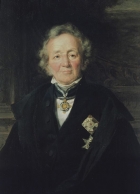
Leopold von Ranke - Pamphlet
ArticleClick to view -
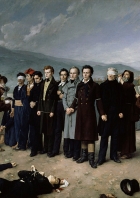
Liberalism in Nineteenth-Century Europe
ArticleClick to view -
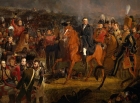
Assessing the Battle of Waterloo in the classroom
ArticleClick to view -

Podcast Series: Origins of the European Financial Markets
Multipage ArticleClick to view -
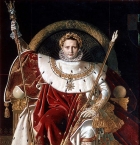
Napoleon and the creation of an imperial legend
ArticleClick to view -
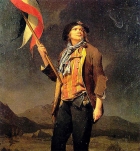
Polychronicon 150: Interpreting the French Revolution
ArticleClick to view -

Historical Events or People in 10 Tweets - The Crimean War
ArticleClick to view -

French Revolution Podcasts
ArticleClick to view -

How my interest in what I don't teach has informed my teaching and enriched my students' learning
ArticleClick to view -
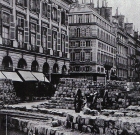
The Paris Commune of 1871
ArticleClick to view -
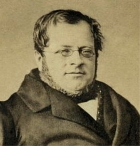
Cavour and Italian Unification
ArticleClick to view -
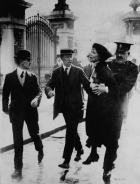
Using visual sources to understand the arguments for women's suffrage
ArticleClick to view -

Counterfactual Reasoning: Comparing British and French History
ArticleClick to view -
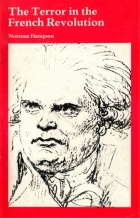
The Terror in the French Revolution
ArticleClick to view -
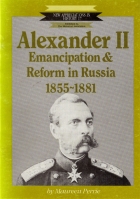
Alexander II
ArticleClick to view -
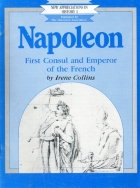
Napoleon: First Consul and Emperor of the French
ArticleClick to view -
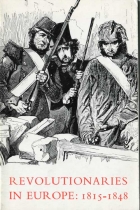
Revolutionaries In Europe: 1815-1848
ArticleClick to view -
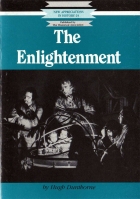
The Enlightenment
ArticleClick to view -

Using this map and all your knowledge, become Bismarck
ArticleClick to view -
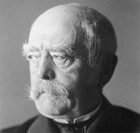
Bismarck
ArticleClick to view

